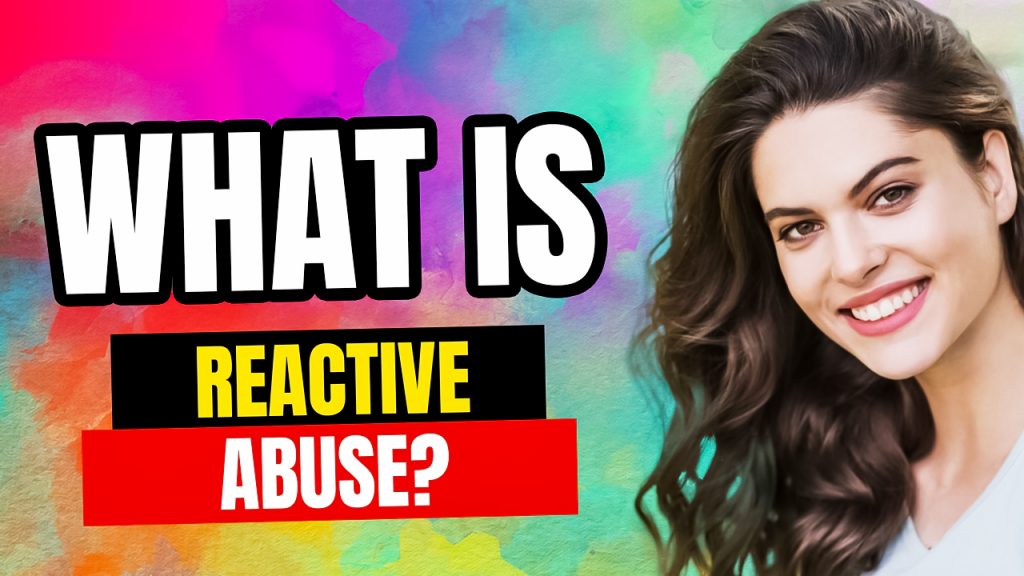
Reactive abuse is a type of emotional abuse that occurs when an individual responds to a perceived threat or provocation with hostility, aggression, or violence. It is characterized by an explosive and unpredictable nature, and can take many forms, including verbal, physical, and emotional abuse.
Unlike proactive abuse, which is premeditated and intentional, reactive abuse is often a knee-jerk response to a perceived threat or provocation. The abuser may not even be aware that their behavior is abusive and may believe that they are acting in self-defense. However, the impact of reactive abuse can be just as damaging as proactive abuse.
One of the key features of reactive abuse is that it often escalates quickly and can be difficult to predict. The abuser may become enraged in response to a perceived slight or criticism, and their behavior can become increasingly aggressive and violent. This can leave the victim feeling trapped and fearful, as they never know when the next outburst will occur.
Another feature of reactive abuse is that it is often rationalized by the abuser. They may justify their behavior by claiming that they were provoked or that they were acting in self-defense. They may also blame the victim for their behavior, claiming that the victim’s actions or words were responsible for the outburst. This can make it difficult for the victim to recognize and acknowledge the abuse, and can make it harder for them to leave the relationship.
Reactive abuse can have a severe impact on the victim’s mental and physical health. The constant fear and uncertainty can lead to anxiety, depression, and post-traumatic stress disorder. The victim may also develop physical symptoms such as headaches, stomach problems, and sleep disturbances.
It’s important to recognize the signs of reactive abuse, and to address it directly. If you are the victim of reactive abuse, it’s important to speak up and set boundaries with the abuser. It’s also important to seek help from a therapist or counselor who can provide support and guidance.
If you are the person engaging in reactive abuse, it’s important to recognize the harmful nature of your behavior and to work on changing it. This may involve seeking therapy or counseling to address any underlying issues that may be driving your behavior, such as unresolved anger or past traumatic experiences.
In conclusion, reactive abuse is a type of emotional abuse that occurs when an individual responds to a perceived threat or provocation with hostility, aggression, or violence. It is characterized by an explosive and unpredictable nature, and can take many forms, including verbal, physical, and emotional abuse. It can have a severe impact on the victim’s mental and physical health, and it’s important to recognize the signs of reactive abuse, and to address it directly, seeking help if needed.
This Post is Brought To You By BetterHelp